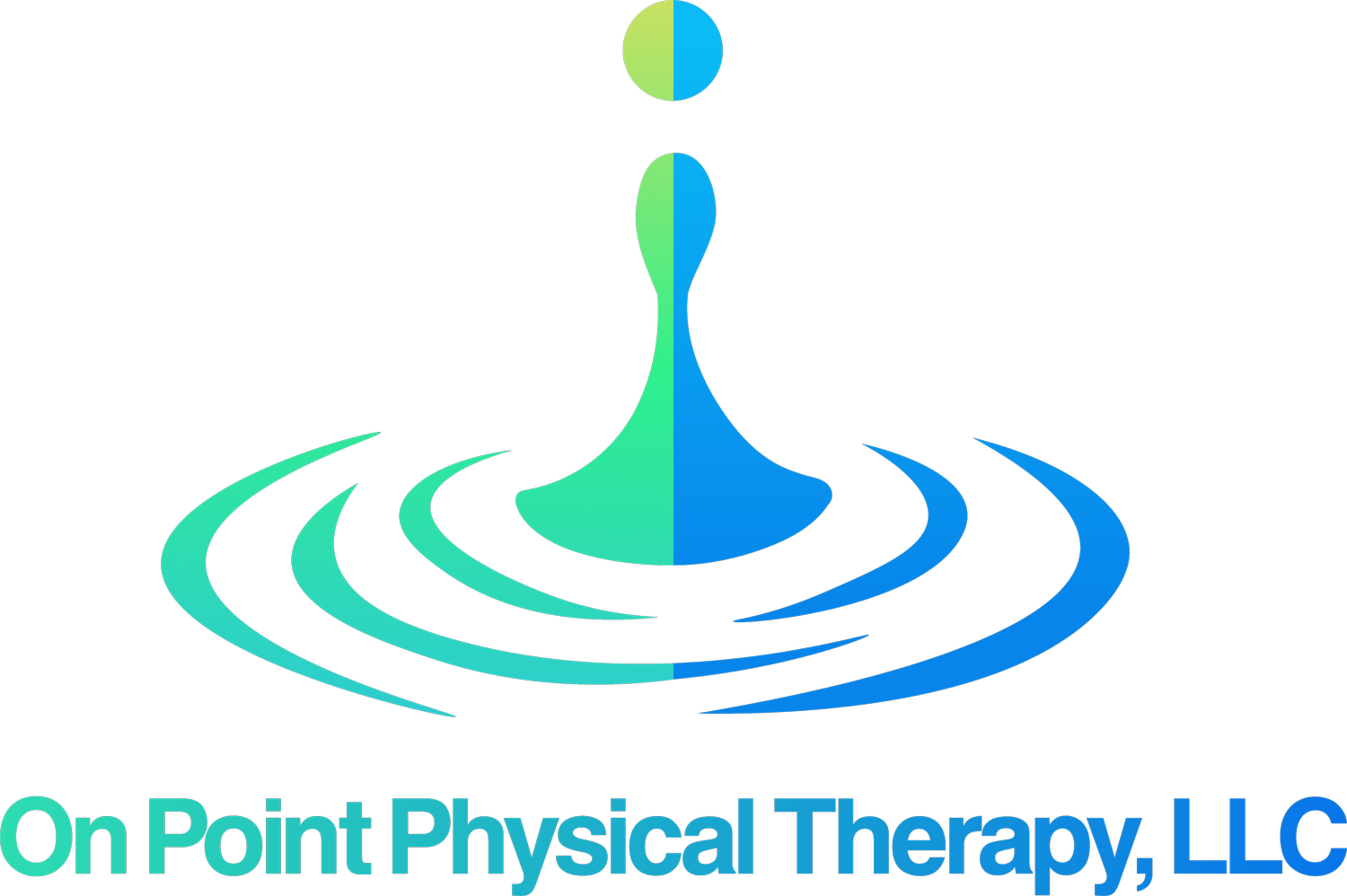Transforming Physical Therapy Practices: Embracing Innovation and Holistic Healing
In the ever-evolving landscape of healthcare, the realm of physical therapy has undergone remarkable transformations in recent years. As the understanding of human anatomy, biomechanics, and the mind-body connection deepens, traditional practices are making way for innovative approaches that prioritize holistic healing and comprehensive well-being.
Embracing Technology for Personalized Care
One of the most significant transformations in physical therapy practices has been the integration of technology. Advanced tools, such as wearable devices and mobile applications, now allow therapists to track patients' progress remotely, providing personalized care beyond the clinic. Patients can receive real-time feedback, exercise instructions, and even virtual consultations, enabling them to take an active role in their recovery journey.
Moreover, technology has paved the way for telehealth services, breaking down geographical barriers and ensuring access to expert care for individuals who may be unable to visit a physical therapy clinic in person. This transformation has not only enhanced convenience but has also empowered patients to engage more effectively in their treatment plans.
Holistic Approaches for Holistic Healing
Physical therapy is no longer solely focused on isolated areas of the body. Today, therapists are increasingly adopting holistic approaches that consider the interconnectedness of the body, mind, and spirit. This shift in perspective acknowledges that a person's well-being is influenced by a multitude of factors, including emotional and mental states.
Mind-body practices, such as yoga, mindfulness, and meditation, are being integrated into physical therapy sessions to address not only physical symptoms but also emotional and mental stressors. Therapists recognize that healing is a comprehensive process, and by nurturing all aspects of a patient's being, more profound and lasting results can be achieved.
A Move Toward Preventive Care
Another transformative aspect of modern physical therapy practices is the emphasis on preventive care. Rather than solely focusing on post-injury rehabilitation, therapists are working with patients to develop strategies that proactively promote musculoskeletal health and reduce the risk of injuries. This may include personalized exercise routines, ergonomic assessments, and education on proper movement mechanics.
By adopting a preventive mindset, physical therapists are empowering individuals to take control of their health, making informed choices that contribute to their overall well-being. This shift aligns with the broader healthcare trend of shifting from a reactive model to a proactive one, where early intervention and education play pivotal roles.
The Role of Collaboration and Interdisciplinary Care
Transforming physical therapy practices also involves fostering collaboration and embracing interdisciplinary care. Recognizing that health issues are often interconnected, physical therapists are partnering with other healthcare professionals, such as chiropractors, nutritionists, and mental health specialists, to provide comprehensive and integrated treatment plans.
This collaborative approach ensures that patients receive a well-rounded and holistic care experience, addressing not only physical ailments but also underlying contributing factors. The exchange of knowledge and expertise between different healthcare disciplines enriches patient care and contributes to more effective and lasting outcomes.
In Conclusion
The transformation of physical therapy practices is a journey towards a more holistic, patient-centered, and technologically advanced future. As the field continues to evolve, the integration of innovative technologies, holistic approaches, preventive care, and collaborative efforts will shape a new paradigm in physical therapy—one that empowers individuals to achieve optimal health and well-being through comprehensive and personalized care.
